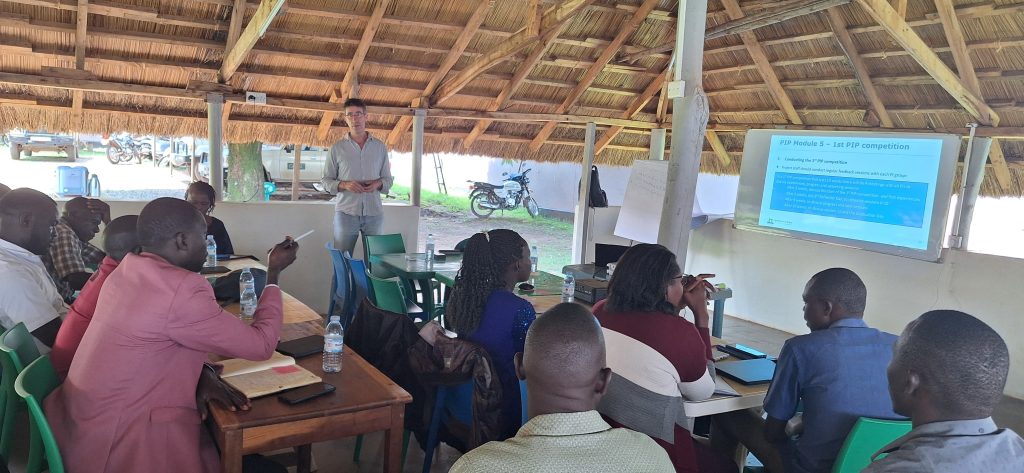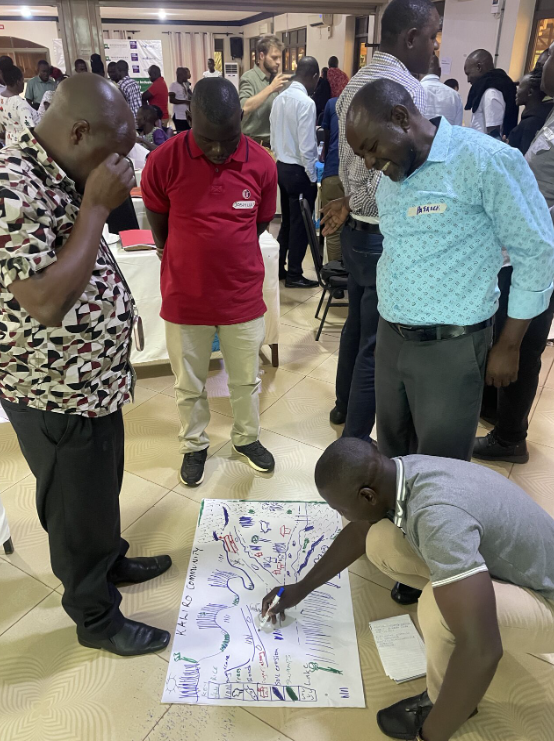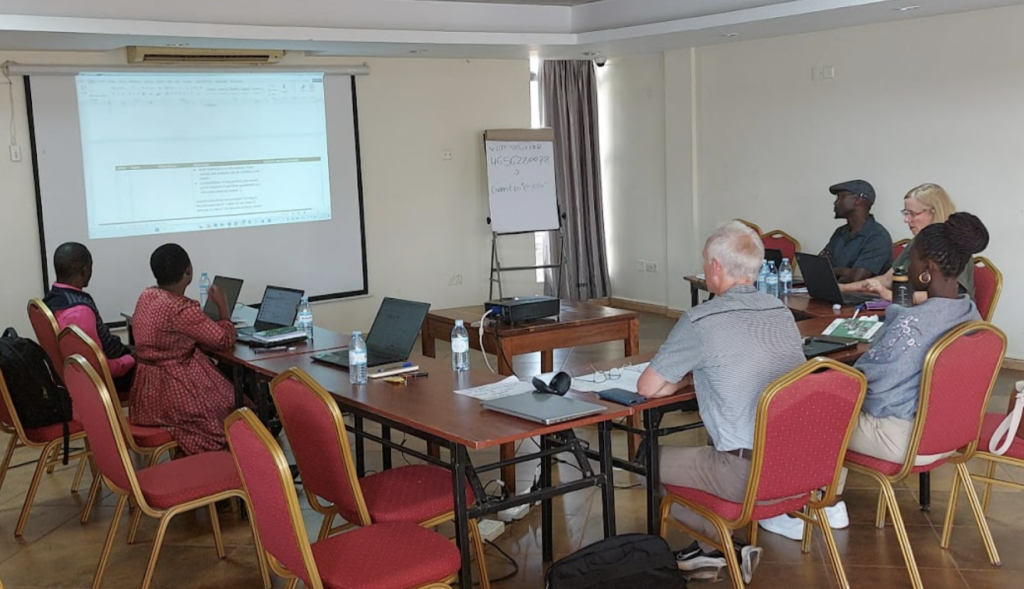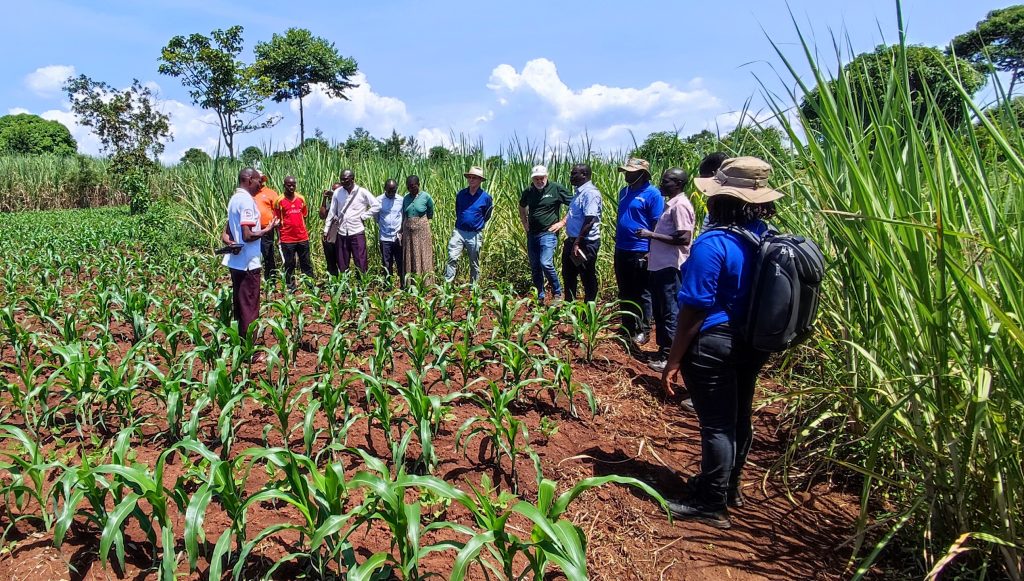THE PIP APPROACH
WORK WITH US

Wageningen Environmental Research offers a variety of training options —both in-person and online—to help your organization get started with the PIP approach in a way that suits your preferences, needs and context.

PIP introduction (2-4 hours)
This introductory session provides a clear overview of the key principles of the PIP approach and how it can be applied in practice. It consists of tailor-made presentations (adjusted to the available time), followed by a Q&A session and a discussion on integrating PIP into your organization.


PIP full training (2-3 days)
This in-depth training covers all modules of the PIP approach and is tailored to your organization’s context. It includes practical exercises, Q&A sessions, and concludes with the development of a PIP workplan. The training is offered in English, French, or Spanish and can be delivered in any country.
Day 1: Introduction
Develop a common understanding of the philosophy and principles underpinning the PIP approach and how to apply PIP in practice.
Day 2: Module 1-3
A deep dive into Modules 1–3, the core of the PIP approach. Participants work toward a practical step-by-step plan to get started.
Day 3: Deep dive and action plan
Optional but highly recommended, the 3rd day allows for in-depth exercises and discussions and the finalization of a solid workplan.
After completing the full training, your organization is ready to start implementing the PIP approach. Follow-up sessions are often arranged to support your team, monitor developments, and offer practical input as you work through the modules.


PIP online training (4 half days)
This online version mirrors the full training and consists of four interactive sessions (each 4 hours long), but allows participants to stay in their own region or county. Sessions incorporate exercises that can be done at home (and include homework), and the training concludes with the creation of a concrete workplan.
Session 1: Introduction
Introduction to the PIP approach, including its core concepts, principles, and module structure, supported by interactive discussion and video materials. The homework encourages you to contemplate how PIP principles relate to your work context.
Session 2: Module 1
Reflection on the homework and a deep dive into Module 1. In terms of homework, participants are asked to draw a village vision and prepare a short video to explain the PIP.
Session 3: Module 2 and 3
Discussion on the homework and a deep dive into Modules 2 and 3. As it relates to homework, participants are requested to create a draft workplan for implementing PIP.
Session 4: Wrap and follow up
Presentations of the workplans and time for in-depth discussions and remaining questions. The sessions conclude with the identification of next steps and tangible follow-up actions.


PIP training on location (4 days)
This immersive training allows your organization to see and experience the PIP approach firsthand. You are invited to visit one of our projects, where your organisation will get a deep-dive in all aspects of the PIP approach and connect with one of our communities and PIP farmers.
Day 1: Introduction
Develop a common understanding of the philosophy and principles underpinning the PIP approach and how to apply PIP in practice.
Day 2: Community visit
Field visit to one of our communities.
Day 3: Module 1-3
A deep dive into Modules 1–3, the core of the PIP approach. This includes several exercises on the creation of village and household visions.
Day 4: Develop a workplan
Develop a concrete workplan for your organisation, with emphasis on the initial steps, short-term actions and follow-up activities.

Need help selecting the training that suits you best?
